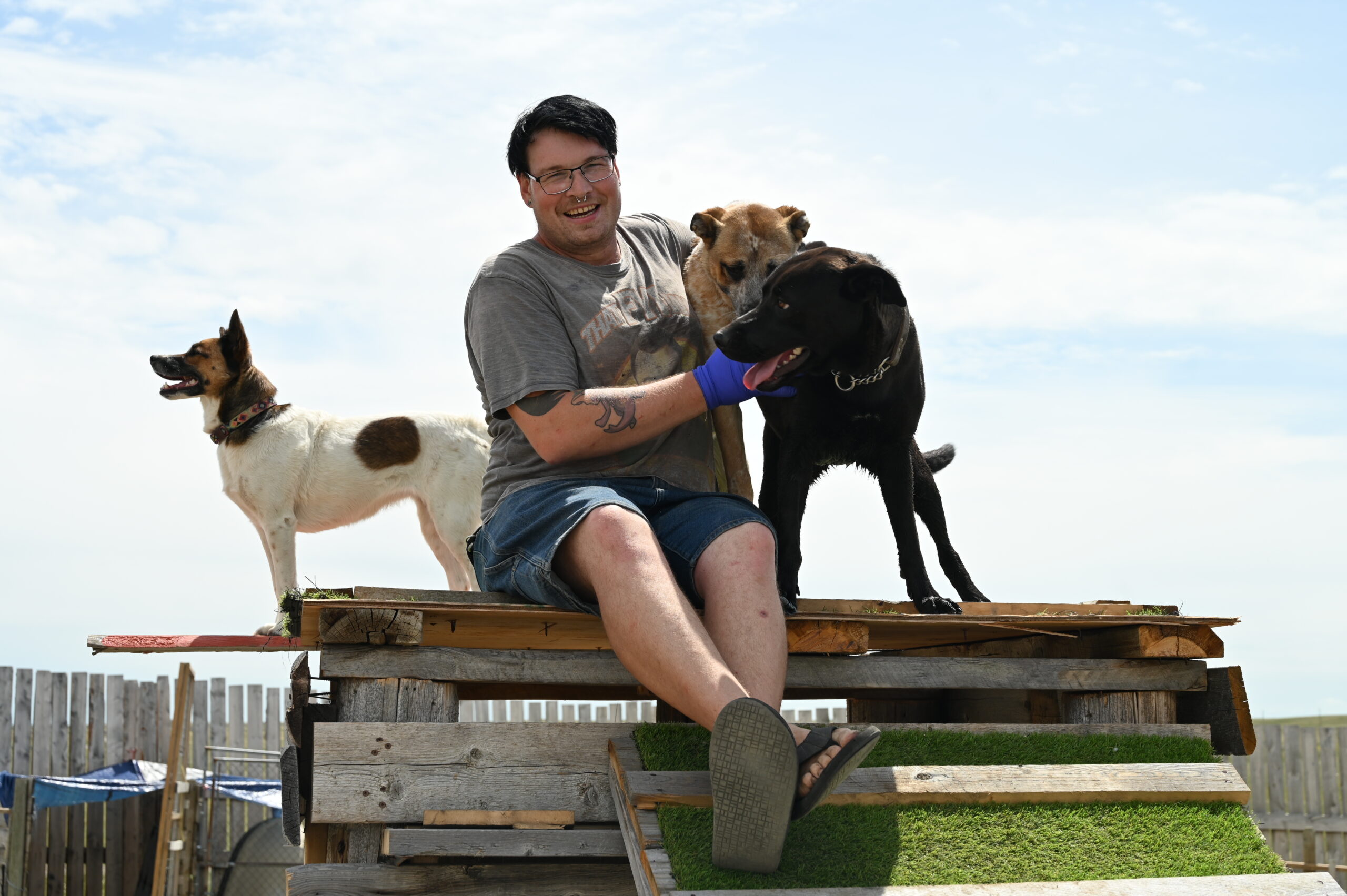By Shilo Clark
When Melodie Ayoungman-Hunt speaks, her words carry the weight of love, resilience, and generational wisdom. As the founder of the Lead by Example Powwow, Melodie has turned personal tragedy into powerful community transformation. The powwow, she explains, was born from both tragedy and inspiration. Her son, Kristian, was murdered—a loss that changed her life forever. “The phrase ‘lead by example’ came from Kristian himself,” she remembers. “He wrote those words on my niece’s chalk wall. After we lost him, I knew I had to do something meaningful for the generations still to come.”
What followed was more than a memorial—it was a movement. “Our communities needed to come together,” she says. “Because there’s not enough education out there on First Nations, and that’s where racism stems from. So I thought: let’s host a huge powwow, bring the finest dancers, and showcase our resilience and our beautiful way of life.” The Lead by Example Powwow, now entering its third year with the tireless help of Astokomii Smith as well as Steve Hunt, Melodie’s husband, returns to Strathmore from June 6th to 8th. ”My biggest thing is to end racism. I know that’s a big dream, a big goal, but it has to start somewhere.”
Since its start, the Lead by Example Powwow has become a gathering where Indigenous and non-Indigenous communities meet—not just to witness cultural expression, but to participate in it. “We’ve had so many people say they’ve always wanted to go to a powwow, but weren’t sure if they were allowed,” Melodie says. “By bringing it into town and saying ‘everyone’s welcome,’ we’re showing just how needed this is.”
The third annual powwow promises even more: three days of dancing, drumming, crafts, food, and connection. Visitors will experience firsthand the power of Blackfoot traditions—the beauty of regalia, and the vibrancy of Indigenous culture. “It’s not just a show,” Melodie emphasizes. “It’s a time of coming together in a good way.”
But Melodie’s work doesn’t stop at the arena. She also founded a Cultural Sharing Day, which last year welcomed over 500 students from schools across the region. Through storytelling, plant teachings, dance, and teepee demonstrations, students are introduced to Indigenous ways of knowing—by Indigenous youth themselves. “Our students from Siksika shared about residential schools, about Blackfoot science and culture,” she says. “And that day is part of their healing, too.”
As a teacher, Melodie is reshaping education from within. “I get to teach our true history, about the treaties, even before students learn about the provinces and cities,” she explains. “I created a land-based learning program where we go to sites significant to our Blackfoot people. It’s beautiful. And it’s what’s missing in mainstream education.”
Melodie’s passion is palpable, but so is the burden. “Some days it’s tough,” she admits. “But when I hear my students say, ‘Yes, Mrs. Hunt, you have to keep going,’ that keeps me going.” Her work has already begun to ripple outward—leading to conferences, speaking engagements, and inquiries from towns and schools who want to replicate the model.
“This could have turned into anger,” she reflects. “It could have been a protest, a fight. But instead, I turned to my teachings—my grandparents, our smudges, our ceremonies. And that’s what helps me continue.”
For those who attend this year’s powwow —or the Cultural Sharing Day on May 14th—Melodie hopes they leave not just with a memory, but a shift in perspective. “This is who we are. We’ve always been here. And now we’re leading by example.”
For more information about the Lead by Example Powwow, June 6–8 in Strathmore, AB, and the Cultural Sharing Day on May 14 at the Strathmore Motor Products Sports Centre , please check out www.leadbyexamplepowwow.ca






